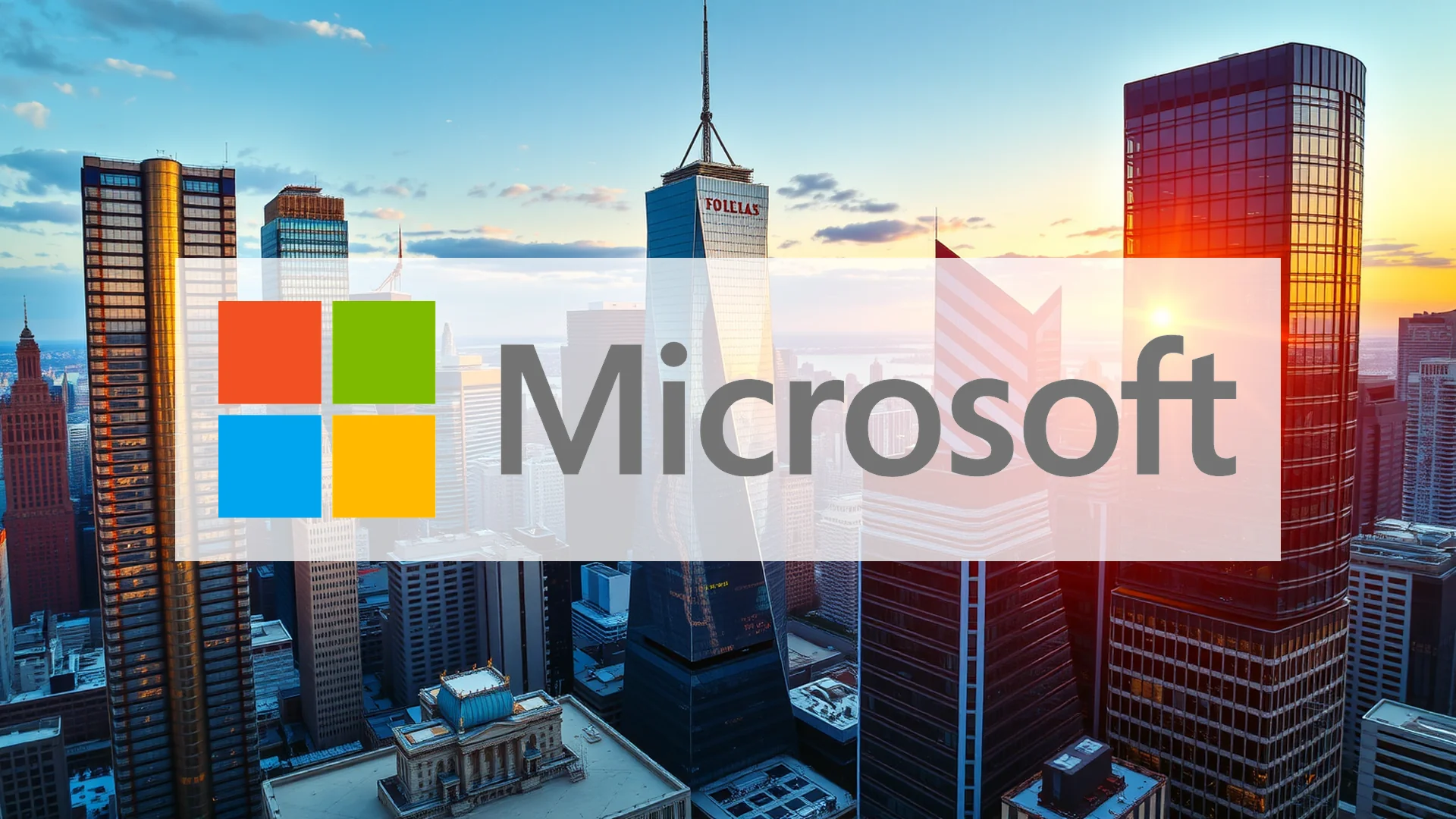Microsoft, traditionally considered a bastion of stability in equity markets, is currently navigating a period of significant investor uncertainty. The technology behemoth finds itself at a critical juncture, with analysts issuing downgrades and concerns about “AI fatigue” emerging, all while the company’s infrastructure expenditures surge. This raises a pivotal question for shareholders: has the era of limitless expansion concluded, or will the new strategic direction unveiled at the Ignite conference rejuvenate the stock’s prospects?
Regulatory Clouds Gather in Europe
Compounding the market’s existing tensions, a new challenge is emerging from regulatory bodies. The European Union has once again turned its attention to the dominance of US cloud providers, initiating a review to determine if Microsoft’s practices are unfairly limiting market competition. Historically, such regulatory scrutiny has introduced a layer of uncertainty for institutional investors, as the prospect of prolonged legal disputes tends to temper risk appetite and can cast a shadow over valuation models.
A Divided Street: Analyst Opinions Diverge
The investment landscape for Microsoft has become notably more cautious in recent days. This shift was catalyzed by a downgrade from Rothschild Redburn, which moved its rating for the stock from “Strong Buy” to “Hold.” The core of investor anxiety lies in the apparent disconnect between the colossal capital being allocated to AI hardware and the current returns being generated. The central debate on trading floors is whether these multi-billion dollar investments will yield a satisfactory return on investment within an acceptable timeframe.
However, consensus on Wall Street remains elusive. In a contrasting move to Rothschild’s caution, other influential firms, including Guggenheim and Evercore, have reaffirmed their buy recommendations. This divergence of expert opinion is contributing to heightened stock price volatility. The share price, which currently hovers around €426, is in search of a stable support level, a task made more challenging as the stock is now trading ex-dividend, an event that mechanically pressures the share price.
Should investors sell immediately? Or is it worth buying Microsoft?
The Strategic Pivot: From Assistance to Autonomy
Undeterred by the short-term price weakness, Microsoft is charging ahead with an offensive strategy. At the Ignite 2025 conference in San Francisco, the company addressed market skepticism head-on by announcing a strategic evolution from passive “Copilots” to proactive, autonomous “AI Agents.”
The introduction of the new “Agent 365” system is designed to enable businesses to delegate complex workflows to the software itself. This strategic pivot is a clear signal to the market that Microsoft is confident it can leverage its expensive hardware infrastructure to create and monetize high-margin software products in the medium term.
The fate of Microsoft shares now hangs in a classic balance of opposing forces. On one side, the immense potential of next-generation AI promises future growth. On the other, the weight of substantial capital expenditures and regulatory uncertainties is dampening present sentiment. The coming period will be decisive in determining which of these narratives ultimately prevails in the market.
Ad
Microsoft Stock: Buy or Sell?! New Microsoft Analysis from February 7 delivers the answer:
The latest Microsoft figures speak for themselves: Urgent action needed for Microsoft investors. Is it worth buying or should you sell? Find out what to do now in the current free analysis from February 7.
Microsoft: Buy or sell? Read more here...











